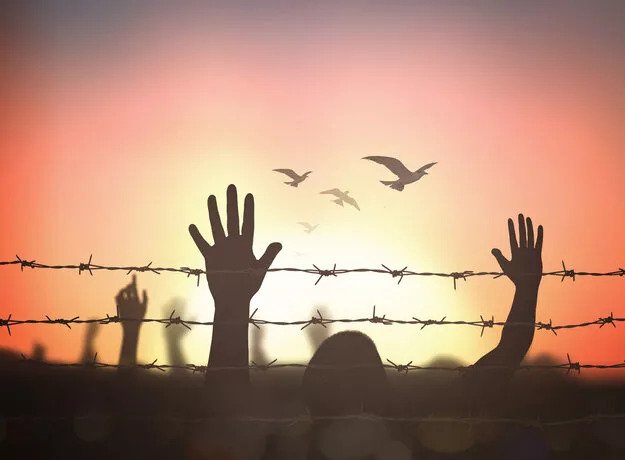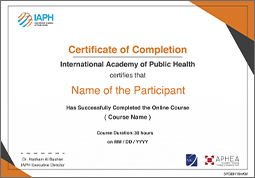Mental Health in Complex Emergencies
Description
This course helps trainees to establish mental health or psychosocial programs in a humanitarian context within conflict and post-conflict areas. The course teaches on key public health actions/considerations related to mental health in emergencies. In this course, participants will increase their understanding of the psychosocial and mental health issues of refugees and learn how to implement effective interventions. It aims to provide a practical orientation on how to conduct rapid assessments and design and set up mental health services or psychosocial programs.
It addresses the issues of cultural validity, programming for children, addressing severe mental disorders, gender-based violence, human rights, taking care of oneself and dealing with burnout. This course emphasizes the well-being of the beneficiaries as considered in the 2007 IASC Guidelines on Mental Health and Psychosocial Support in Emergency Settings as endorsed by WHO, UNICEF, UNHCR, IFRC, and numerous local and international agencies working in the field of psychosocial assistance.
Learning Outcomes
- Describe mental health and psychosocial needs and interventions in complex emergencies
- Describe the diversity of mental health and psychosocial issues in complex emergencies and the role of cultural and contextual factors influencing mental health and psychosocial support problems
- Apply the IASC guidelines on mental health and psychosocial support in emergency settings
- Describe the principles of assessment, monitoring, and evaluation of mental health and psychosocial support problems in emergency contexts including familiarity with WHO/UNHCR MHPSS assessment tools
- Define the various roles of mental health professionals, psychosocial professionals, and nonspecialized mental health and psychosocial support workers in different emergency contexts
- Outline the principles of establishing programs in the mental health and psychosocial domains
- Emergency nutrition and psychosocial needs.
- Evidence-based mental health and psychosocial interventions in complex emergencies.
- Setting up Mental Health and Psychosocial Programs in Emergencies.
- The IASC guidelines for Mental Health and Psychosocial Support in Emergency Settings.
- Community-Based Psychosocial Programs.
- Needs Assessment, Monitoring and Evaluation.
- Cross Cultural Issues, Human Rights, Conflict Resolution.
- Implications of Working in Multicultural Contexts.
- Personal Security of Humanitarian Workers in the Field.
- Culturally sensitive interviewing skills.


Certificate
